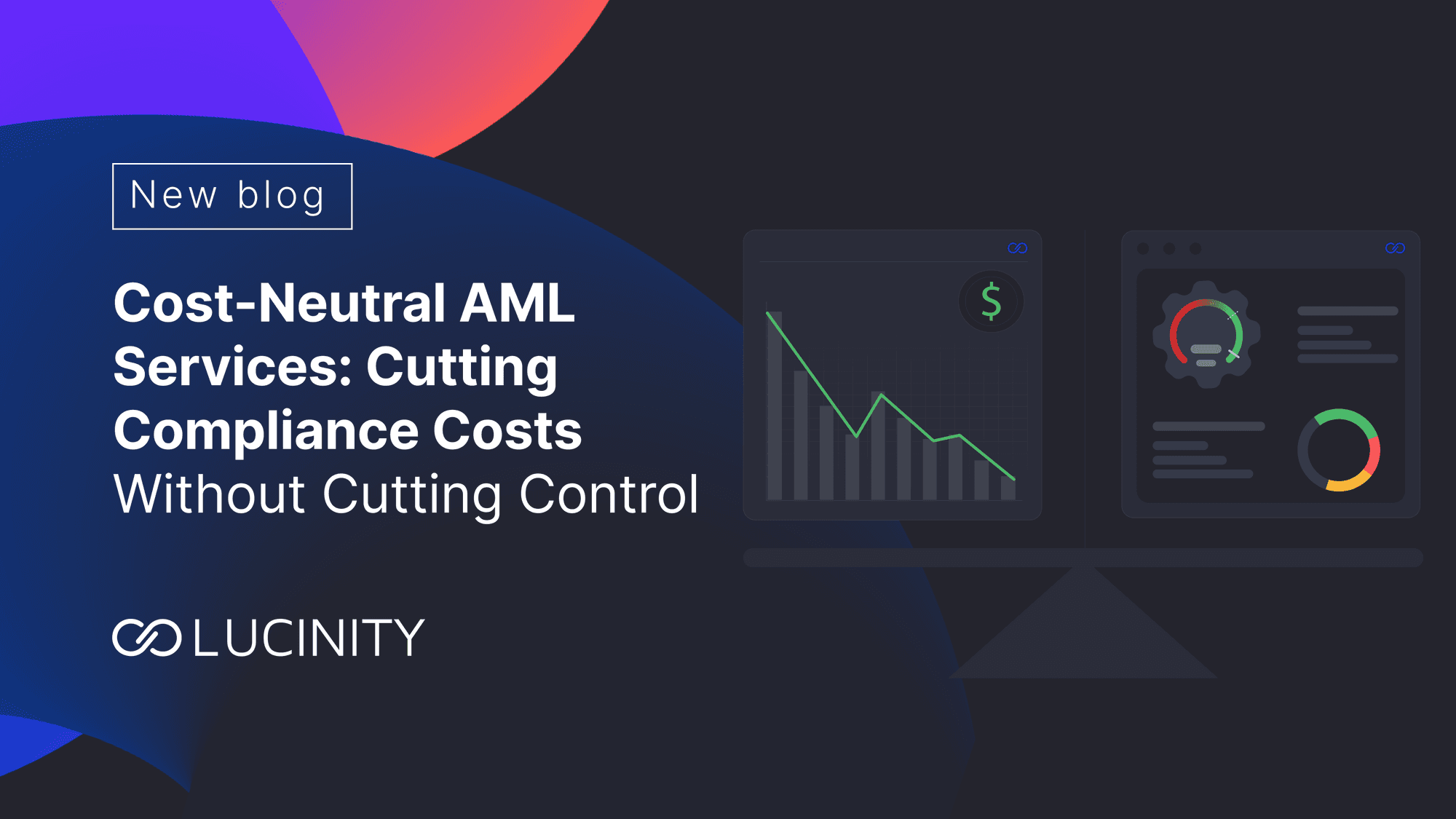Reflections from the Frontlines: AI, Finance, and the Future of Defense
At Iceland Innovation Week, we discussed how AI is already impacting financial defense. The key takeaway: progress depends on better data, thoughtful human-AI collaboration, and systems that can adapt as threats evolve.
Yesterday, I had the chance to join a great panel during Iceland Innovation Week, alongside Riaan Dreyer (Íslandsbanki), Hjörtur Pálmi Pálsson ( Defend Iceland), and our moderator Ari Jonsson, to discuss how AI is shaping defense and cybersecurity in the financial sector.
The discussion covered everything from AI innovation to cybercrime to regulation and back to the future if AI, and here are a few of my key takeaways:
1. The AI Opportunity Is Real—But Data Still Holds the Keys
Riaan hit on something fundamental: despite all the hype, the quality of data remains the bottleneck. Without clean, structured, and contextualized data, even the most powerful AI models will fall short. It’s a reminder that AI isn’t magic—it’s built on the foundation of the data we feed it.
2. AI + Human Collaboration Is Already Transforming Defense
While we’re still some way from fully autonomous AI in complex domains like financial crime, what we’re seeing right now is the huge upside in AI-assisted human decision-making. At Lucinity, we’ve seen firsthand how investigation-first AI can surface insights, plan steps, and explain decisions—while keeping humans in control. This isn’t automation for the sake of speed. It’s augmentation for the sake of clarity and judgment.
3. Fighting AI With Better AI—and Better Data
Hjörtur offered a compelling counterbalance: while criminals are clearly exploiting AI to scale attacks—from fake accounts to synthetic phone calls—we also have new tools to generate better training data, simulate threat patterns, and build stronger defensive systems. It’s encouraging to see the balance begin to shift—slowly but surely—toward the good guys.
4. Criminals Are Getting Smarter—So Must We
A clear theme across the panel was how AI is already in the hands of bad actors. Fraud, money laundering, social engineering, deepfakes—they're all scaling through generative models. This raises the stakes for financial institutions to move beyond static rules and build adaptive, learning systems that can respond in real-time.
5. Credit to the Moderator
Finally, huge thanks to Ari Kristinn Jónsson for his thoughtful moderation. He kept the conversation flowing with substance, clarity, and just the right amount of provocation.
The bottom line? AI isn’t coming to financial defense—it’s already here, on both sides. The winners will be those who can combine data, intelligence, and human oversight into systems that can adapt and defend at the speed of the threat.





